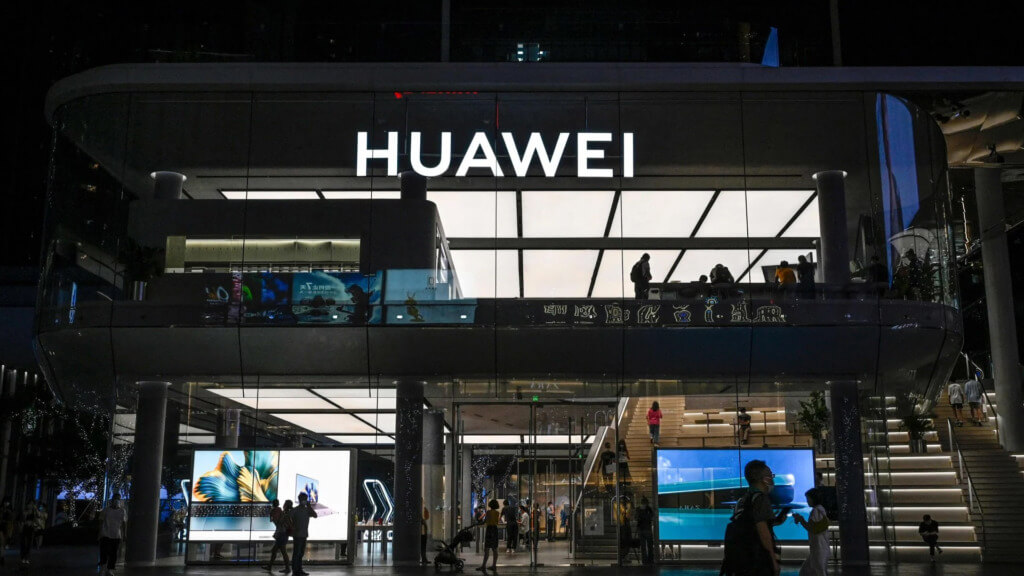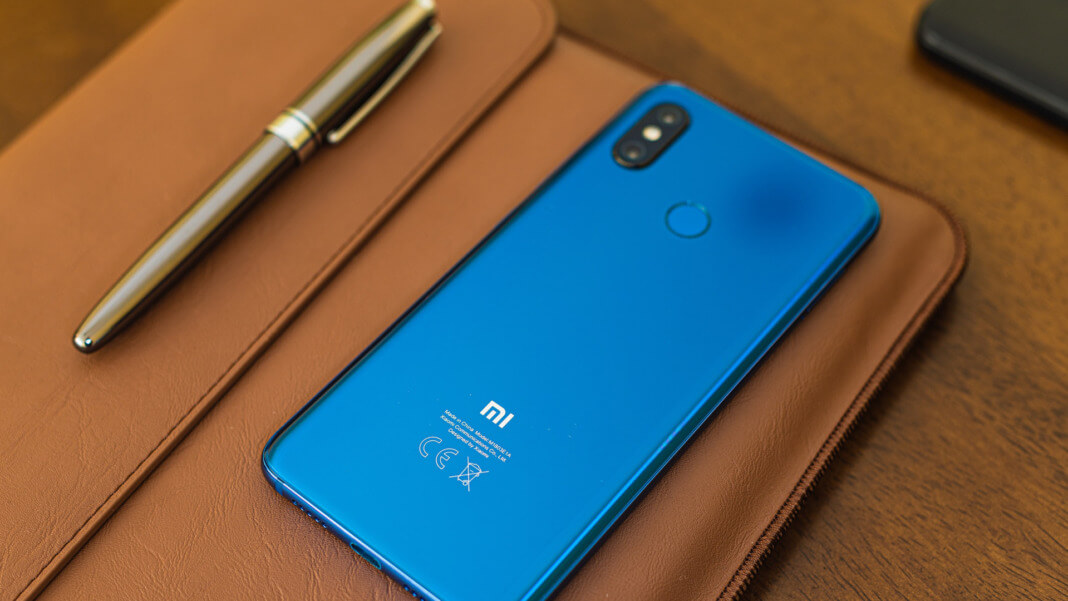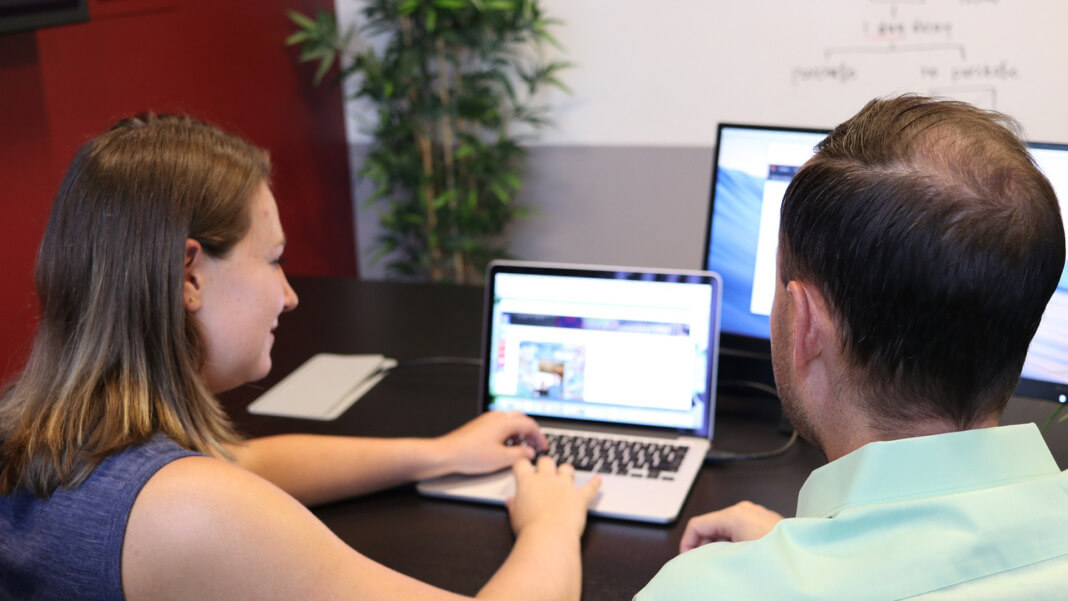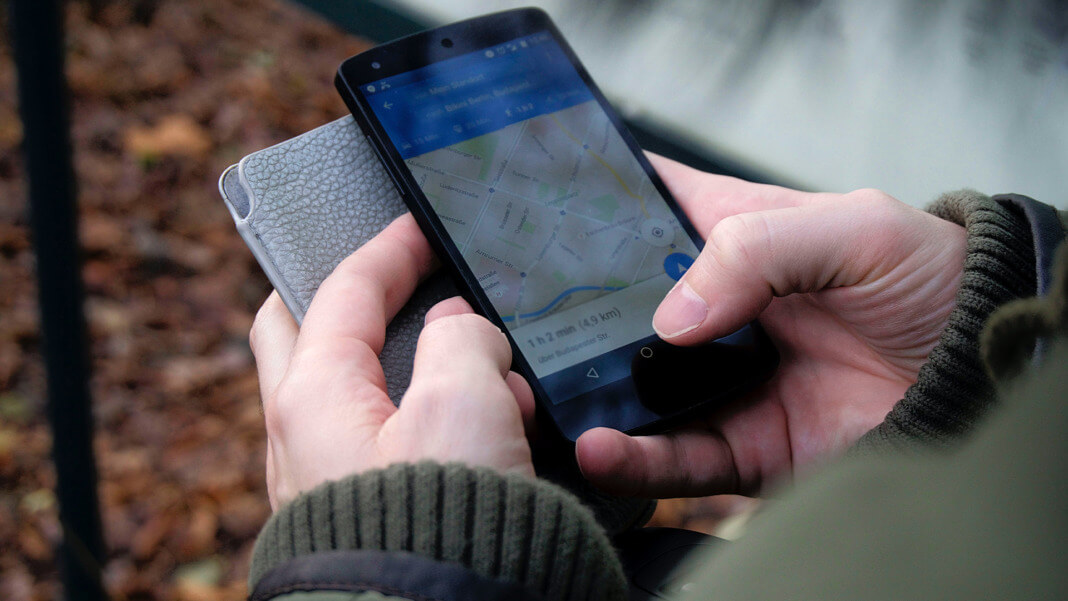Xiaomi Corp, the renowned smartphone and gadget manufacturer, has recently introduced a unified operating system called HyperOS for its array of products. This move comes as Huawei Technologies, facing US sanctions, is transitioning away from Google’s Android towards its own integrated system.
HyperOS: Xiaomi’s cross-device solution
HyperOS is presented as a blend of a highly tailored Android system and Xiaomi’s proprietary Internet of Things (IoT) platform named Vela. Vela was launched three years ago and supports various smart devices like smartwatches, home appliances, and sensors. With HyperOS, Xiaomi aims to encapsulate its expansive product range under a single operating system for streamlined management. This initiative represents the brand’s commitment to creating a “human-centric” OS, simplifying interactions across mobile devices, automobiles, and smart home gadgets. The new OS will be featured in the upcoming Xiaomi 14 smartphone series, along with other devices launched in mainland China, including smartwatches and televisions.
Huawei’s HarmonyOS: A step away from Android

On the other hand, Huawei Technologies is not new to developing a home-grown operating system. With the upcoming launch of HarmonyOS Next, Huawei intends to distance itself from the Android ecosystem further, ceasing support for Android apps on devices equipped with its new OS. HarmonyOS was initially launched in August 2019 after the US Department of Commerce’s decision to place Huawei on the Entity List, restricting its access to technologies from US companies like Google.
Although the Android Open Source Project remains accessible to all, Huawei has been actively promoting HarmonyOS, first released on a smart television, across all its IoT and personal devices. Despite the challenges, Huawei allows Android apps to run on HarmonyOS devices to ease the transition for users. The firm has witnessed a remarkable adoption rate, with over 700 million devices now operating on HarmonyOS, as shared by Richard Yu Chengdong, CEO of Huawei’s consumer business, during the HarmonyOS 4 launch event in September.





